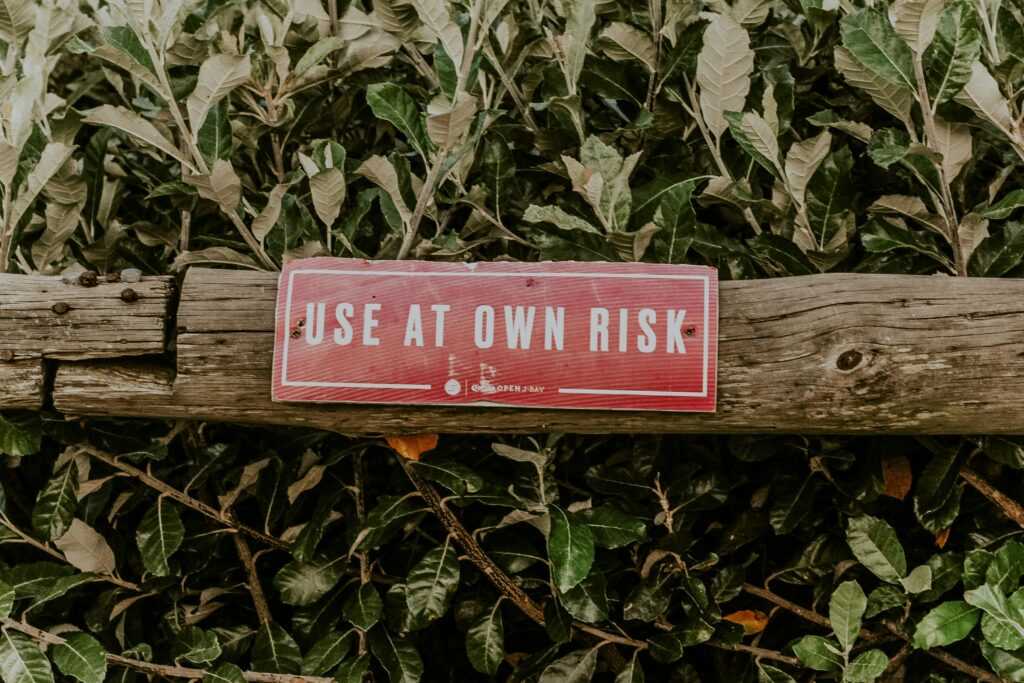The Role Emotions Play at the Table
Your headspace is everything. Walk into a high stakes game with clarity and control, and you’re dangerous. Walk in wired, tilted, or distracted? You’re prey. Mental state isn’t a soft skill it’s a core piece of the edge. The sharp ones treat it like a weapon. The rest leak chips and never see it coming.
Here’s why: gambling hijacks your brain’s reward system. Dopamine kicks in when you win, pushing you to chase that high. Adrenaline builds during risk, clouding logic with urgency. Stay in that loop long enough and you hit decision fatigue like muscle exhaustion, but for your judgment. Tiny errors pile up. One loose call turns into a busted session.
Certain triggers light the fuse. Winning streaks build ego and overconfidence. Bad beats sting and awaken the urge to get it back. Ego whispers that you’re smarter than variance. Then comes revenge betting emotional plays dressed up as strategy. That’s not poker. That’s a spin of roulette with better lighting.
Bottom line: awareness buys protection. Know what triggers you, and name it when it shows up. If you don’t, it’ll run the show while you convince yourself you’re in control.
Tilt Explained (And Why You’re Not Immune)
Tilt isn’t just about throwing your chips across the table or steaming over a bad beat. It’s broader than anger. Tilt is any emotional shift that warps your decision making even the ones you barely notice. Frustration, impatience, entitlement, or even a misplaced sense of momentum can twist your logic without you realizing it.
At the high stakes level, tilt rarely comes in loud, explosive waves. It slips in quietly. You start calling instead of folding, chasing marginal hands, or betting just to feel in control again. That’s micro tilt. It’s subtle, it’s sneaky, and it’s expensive.
Picture a seasoned pro who started flat. After three hours of nothing but dry cards and missed bluffs, they decide to play a borderline hand out of position not because the numbers support it, but because they’re over it. That’s micro tilt in action. Or a player riding a heater who starts thinking the rules don’t apply anymore and pushes too hard, too fast. Same virus, different flavor.
Tilt isn’t binary. You’re not either ’tilting’ or ‘totally fine.’ Most of the time, you’re somewhere in the middle and that’s where the real risk lies.
Hot and Cold Emotional States: Two Dangerous Extremes

Winning can trick you. When you’re up, it’s easy to believe every decision you make is gold. You feel untouchable. The momentum feels earned, even if luck’s doing the heavy lifting. This illusion of control the belief that you’re in the zone and can’t miss leads to riskier plays, looser calls, and bets that ignore logic. You stop managing risk because you think you’re the exception.
Flip the coin. After a crushing loss, your brain wants to claw it back fast. Desperation sets in, feeding the urge to double down, chase, or try to bluff your way out of a hole. This isn’t strategy. It’s survival mode, and it rarely pays off.
Both highs and lows pull focus away from clear, disciplined decision making. They push you into reactive thinking. Over time, this leads to one destination: a drained bankroll and a hungover sense of regret. The emotional state looks different, but the result’s the same bad decisions that bleed you dry.
Managing Emotional Instability Like a Pro
Emotional awareness isn’t some soft, feel good concept it’s a skill. Like bankroll management or reading opponents, it has to be trained. High stakes players know this. They don’t just trust their instincts; they question them in real time. They stay aware of how emotion shows up in their body, in their thinking, and in their bets. This isn’t about staying calm. It’s about staying in control.
When frustration creeps in after a cold streak, or euphoria hits after a huge win, the best gamblers don’t let it ride shotgun. They zoom out. Some use breathwork to reset. Others anchor with short mantras or mental routines five seconds of deliberate focus to check back into the moment. One top player calls it the “mental hand wash.” It breaks the autopilot before bad decisions spiral.
Ultimately, this level of control comes from discipline. Tracking your emotional states, reviewing sessions not just for hands played but for mindset shifts, and installing boundaries win caps, stop loss rules, scheduled breaks. These basics keep players human, not reactive machines.
Want to learn how pros stay sharp under pressure? Master strategies for coping with emotions
Building Emotional Resilience Off the Felt
What happens away from the table matters just as much as what happens on it. The margin between razor sharp decision making and impulsive wreckage often comes down to how well you handle your mind and body when you’re not playing.
Start with sleep. Consistent, quality rest isn’t optional it’s maintenance for your cognitive engine. Simple as that. Poor sleep tanks focus and amplifies emotional reactivity, making you more likely to tilt, chase, or freeze under pressure.
Next is stress. If your baseline is wired and edgy, no amount of bankroll discipline is going to save you. Daily habits like training, breathwork, or even taking a damn walk aren’t luxury rituals they’re tools for baseline control.
Then there’s everything else you feed yourself media, conversations, routines. Build rituals that aren’t tied to the highs and lows of results. Create space where winning or losing doesn’t define your self worth. That’s how long term resilience is built.
You’re not just playing the game you’re managing the person who plays it. And that person needs more than chip counts and strategy charts.
Learn how to cope with emotional swings here
Final Thought: Outsmart the Stakes, Not Just the Odds
At the sharpest edge of the game, it’s not just about math it’s mindset. You can know every probability cold, track your opponents perfectly, and still get crushed if your emotion management is weak. Winning long term isn’t a trick, it’s a discipline. High stakes gambling punishes those who don’t know where their emotional soft spots are. It rewards those who do.
Understanding your own mental patterns your tilt triggers, your overconfidence spirals, your desperation modes is where the real edge lives. Once you start tracking your emotional state with the same precision you track chip stacks, you play smarter. You bet cleaner. You walk away when others can’t.
In the end, protecting your bankroll means protecting your mind. If you want to win consistently, don’t just study the game. Study yourself.


